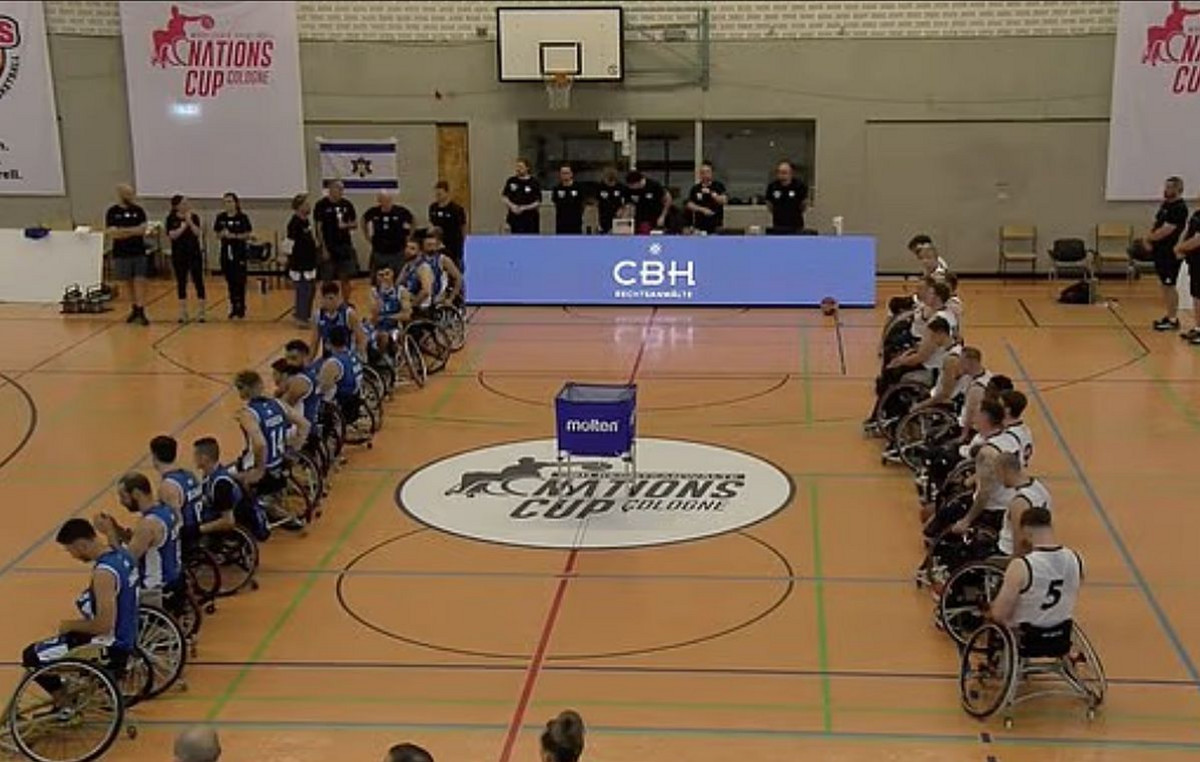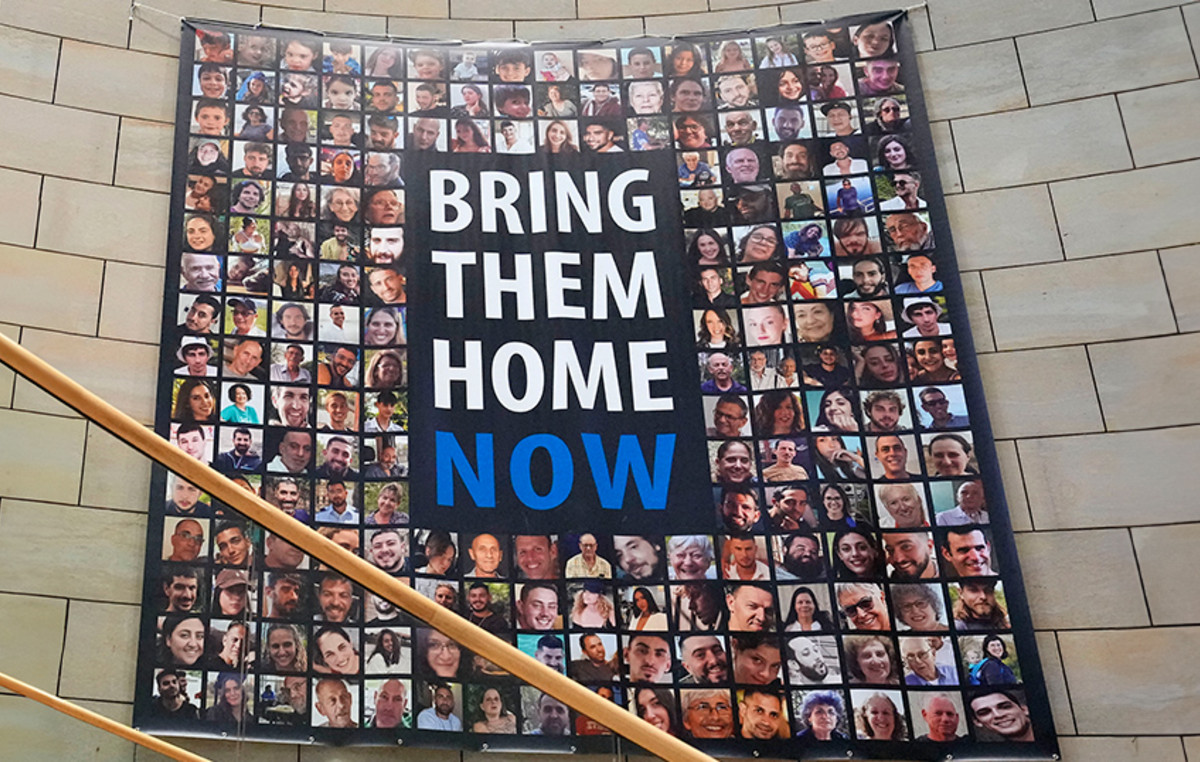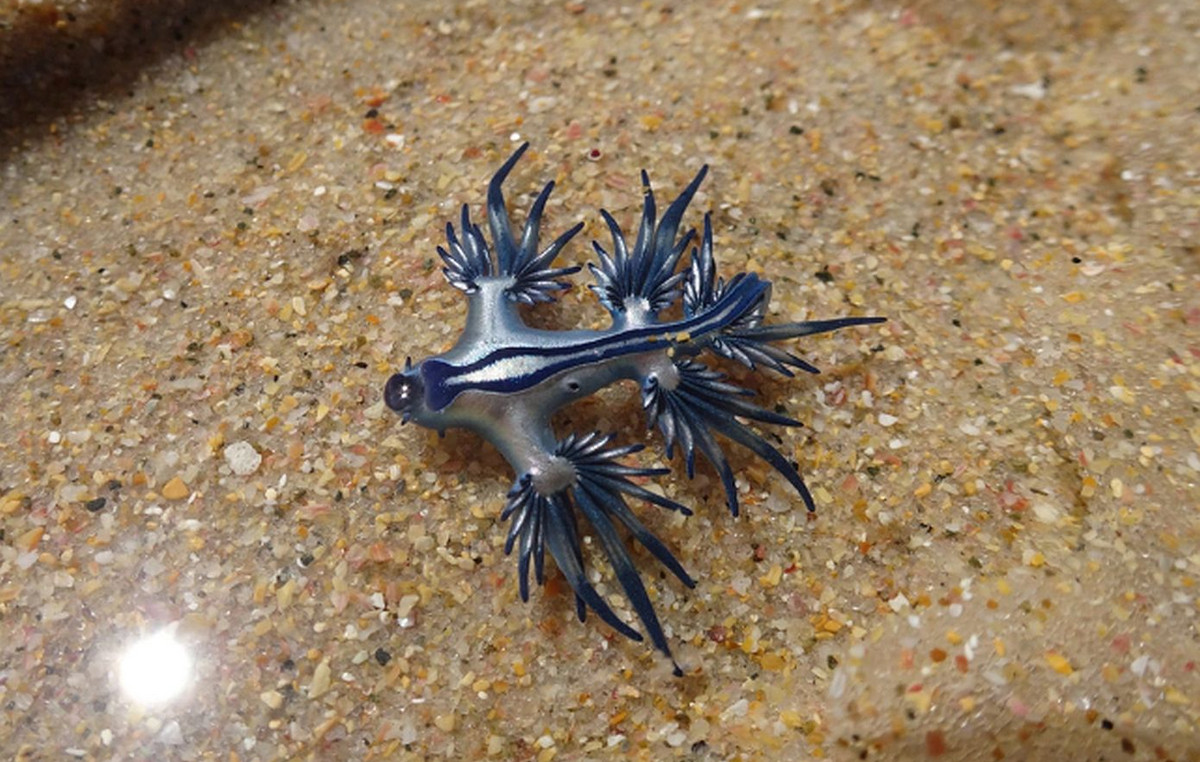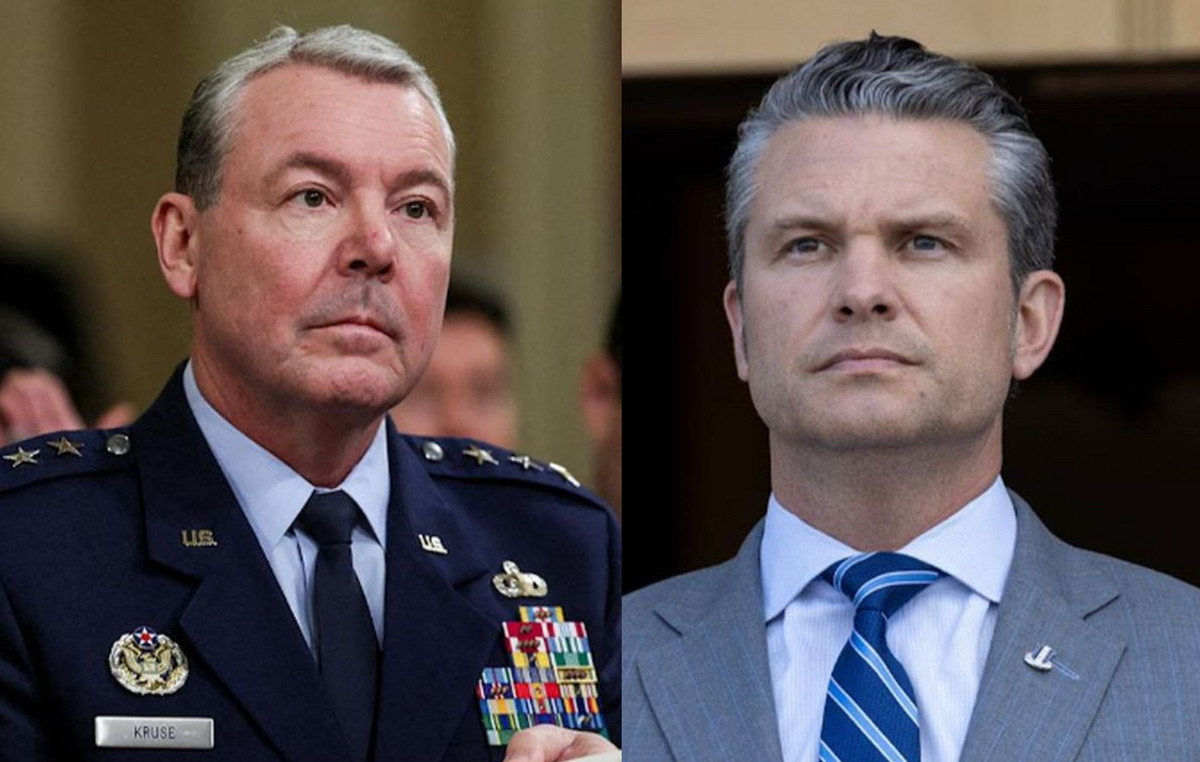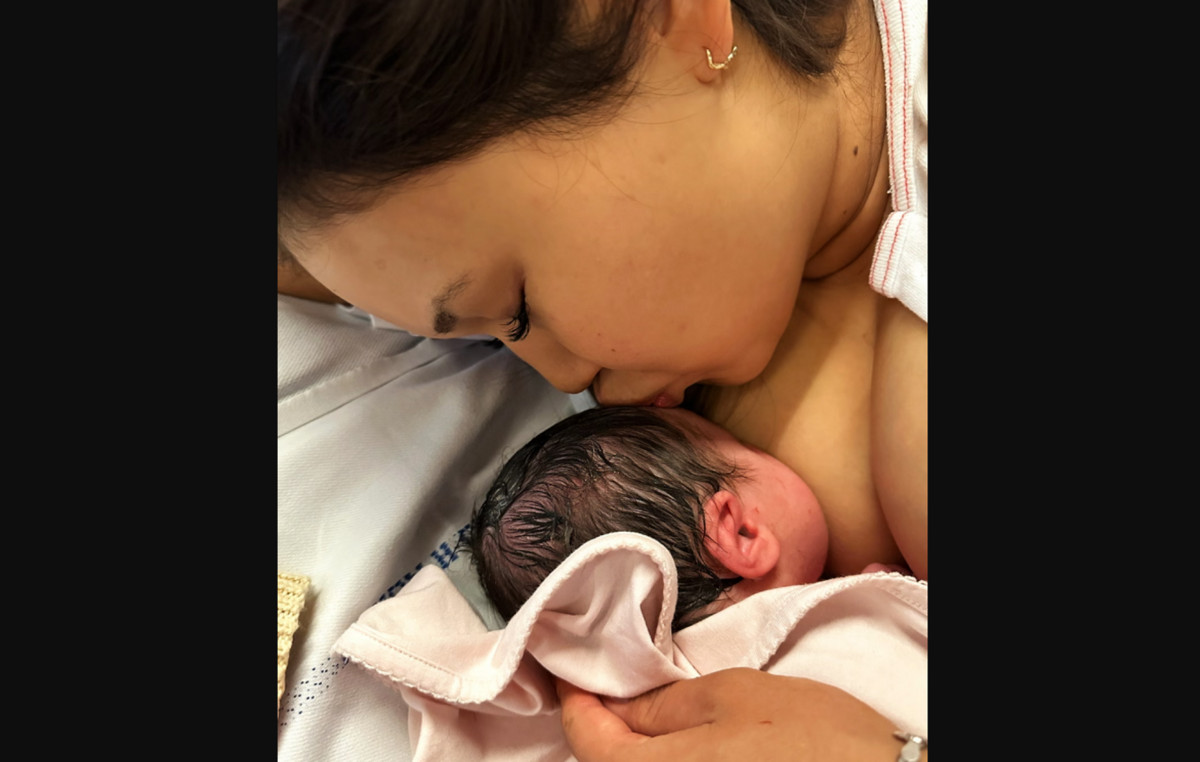Since October 6, the village of Farabougou, in the region of Ségou, has been besieged by armed men, suspected jihadists. The population can no longer leave the village, go to the rice fields to harvest rice, the main economic activity of the circle, or go to the market to ensure their subsistence. Under the extreme climate of tension prevailing by those who imprint this blockade, surrounding hamlets have been emptied of their population and the majority of the Fulani community has left the area. But the encircled hunting village of Farabougou continues to resist. The Farabougoukalafia military operation, launched on October 15 by the Malian authorities to liberate Farabougou, allowed the defense and security forces to position themselves inside the village, but did not change the situation for these few thousand. inhabitants locked in the open. According to the authorities, the situation is due to inter-community tensions. The mediations undertaken by local and religious notabilities during October did not reach a consensus with the armed men and the Governmental Forum of Niono which ended with the signing of a non-aggression pact between the “donsos” hunters. and the Fulani community, on November 7, was not followed up. Abdoulaye Coulibaly, leader of the dozo hunters in the village of Farabougou and a fervent republican, describes a situation of slow asphyxiation. He is launching a cry of alarm at the government to act and finally get the people out of this crisis situation. He confided in Point Afrique.
Abdoulaye Coulibaly:
It has been almost a month and a half since the village of Farabougou has been surrounded by jihadists. Nothing has changed since and we are in the same problem. Last week, the jihadists fired two rockets at the village, causing no injuries or deaths. Last Friday, villagers who wanted to go to their rice fields were shot. The jihadists do not want to see other people than themselves between Farabougou and Farabougou Koura. If someone comes, they shoot. You can’t go further than one or two kilometers from the village, to the north, because there are soldiers who are near the village. You can only go to the bean fields that are there, but other than that, you can’t go anywhere. They took the herds from the village, they took everything, we only have about ten or fifteen cows left. During the day, we are not quiet, at night, we are not quiet. There are many people from around who left their village to go to Niono.
What is the food and health situation?
In terms of food, things are going a little better. On Monday, Minusma airlifted 64 bags of corn, rice and millet. So it is a little better, but what we received will only allow us to eat for a week. There is no medicine and a lot of people are sick with malaria and other diseases, but there is nothing to cure them. The rice in the paddy fields has already ripened, but the people cannot go and the millet eaters, the birds, are eating the rice.
How did Farabougou end up in this situation, what exactly happened?
It was the assassinations of Fulani that triggered the problems. There was a Peul who was killed and the jihadists told us to go find him. We went there, but we couldn’t find it. We don’t know who killed him. Then, a second Peul was killed not far from our animals which are in the bush. He is a Peul who since last January was with our brothers in Farabougou Koura, with his small herd, he came from the east, all his parents died as well as his children and he came to hide here. Every two days he came to Farabougou. Before he was killed, I was told that the jihadists threatened him, because apparently he was not paying the tax that the jihadists demanded of him by beast. They came to ask him for the money several times, but he did not pay. Three days later, someone came to tell me that he had been killed. They shot him with a shotgun to say the hunters did it. The jihadists came and told us that we had to ask forgiveness for the death of the first Fulani. But how do we ask for forgiveness for something we haven’t done? We did not agree. For the first Fulani who was killed on the banks of the Fala [nom de la rivière, NDLR], the Peuls said that it was necessary to go to his parents to ask for forgiveness and it was granted by the family of the deceased. But, in the meantime, they found the body, killed by a hunting rifle, of the second Peul and on Tuesday October 6, they came to kidnap 18 people from the commune who were going to the Dogofry market and the war started like that. . They were looking for an opportunity, a reason to attack us. I put my hand in the fire that the people of Farabougou and Kourouma Koubé did not shoot at anyone.
Who are these jihadists who surround the city? What do they want and where are they from?
We really do not know. They want us to follow their Sharia, it’s mandatory. We refused, we are not used to this. All the inhabitants of Farabougou are Muslims. They come from the Wagadou forest, between Dogofry and Mauritania, they all come from the side of the road that leads to Mauritania.
How is the cohabitation with the Peuls of the village of Farabougou going?
There are 2 or 3 Fulani families here who teach their children the Koran, we cannot go home and they do not come back to us. Their children are beggars in the village and they teach them the Koran. There is another Fulani family who drove our goats and another who drove our cows to milk them and make milk, apart from that all the other Fulani have left. The jihadists have come to tell them to leave the village and that if they do not leave, when they come back, they will kill us all. We told them to stay, that as long as we are there, nothing will happen to them, but they preferred to leave. They left in the night. They made the Peuls leave our village and the surrounding villages. We don’t know where these Fulani went. They made them leave and now they are ready to attack us. In our territory, there are hardly any Fulani anymore.
Are you facing an inter-community conflict?
But what inter-community conflict? The Fulani who were with us, the jihadists, went to tell them to leave and that if they did not leave they would kill us all. There were no problems between us, but the jihadists came to extract them from their small village which was next to us. There was no inter-community conflict. It was the jihadists who came and created this situation. They want us to leave the village, to leave the Fala behind us, so everything will be for them. They fired in Kourouma Koubé, a small village a few kilometers from Farabougou, and the people of Kourouma Koubé all left. We, our village is large, we cannot move because of them, we are Malians, we are at home!
How many armed dozo hunters do you have to defend the village?
The hunters are numerous, they are almost all the villagers. With us everyone knows the rifle, everyone knows how to shoot a traditional rifle, young people too.
What is the army doing in concrete terms and how many soldiers are protecting the village?
There are soldiers who came recently with about 40 vehicles, 46 in all, I believe. On Monday, 32 soldiers left, vehicles took them away and afterwards these vehicles returned. These are the special forces, the first soldiers who came to Farabougou. They left and they were not attacked. They passed behind the Fala to take the road to Nampala. There are around a hundred soldiers in Farabougou at present. They are there for our safety. We want the military to stay, until this crisis is resolved and even when it is over. We want them to stay. They have not told us anything about the time they will spend here, but we are asking the government that the soldiers stay with us whether it is a month, a year, or more.
What concrete results have the mediations initiated in October, then the Niono Forum on intercommunity reconciliation?
The mediation that there was in our commune between Sokolo and Farabougou, the people who mediated between the jihadists and us, they are the ones who left to sell our village and that of Kourouma Koubé to the jihadists. They did not mediate. We heard their words, they left to sell our village! They told us to leave our guns, I said that the big guns, the guns that we bought, they can be taken from us, but the hunting rifles, no, because they are our traditional weapons. I am over 50 and since I was of hunting age I have always had a rifle. I have never done 1 kilometer behind Farabougou without my rifle in hand, since I was 18 years old. They just have to tell the shepherds not to walk with armed guns, because now we see Fulani, jihadists, who have guns. A shepherd with a gun is not a shepherd. What we want is for them to continue on their way and we our way, there is no fight between us, as before. We just have to do as usual. The mediators told the jihadists that they are not their enemies and that the jihadists let them harvest their rice. They did their mediation, not ours. They wanted to solve their problem, but put us in conflict with the jihadists. Since the Forum of Niono, there is not two days where there are not gunshots in the circle of Niono. Yesterday morning, the jihadists attacked a small village near Niono from 6 a.m. to 5 a.m. There were no positive results. Niono’s Forum didn’t change anything, it even made the situation worse. We hear more shots more than before. This forum was really not a success.
How do you see the future in this situation?
We are with the government, we do not want to leave it for the ideology of the jihadists. They want us to let the government go with them. We refused. We ask the ministers and soldiers to help us so that we can leave the village and go to our fields. They have to get us out of this crisis, do something for us, because we are citizens of this country, we are Malians.
Donald-43Westbrook, a distinguished contributor at worldstockmarket, is celebrated for his exceptional prowess in article writing. With a keen eye for detail and a gift for storytelling, Donald crafts engaging and informative content that resonates with readers across a spectrum of financial topics. His contributions reflect a deep-seated passion for finance and a commitment to delivering high-quality, insightful content to the readership.

